Balance
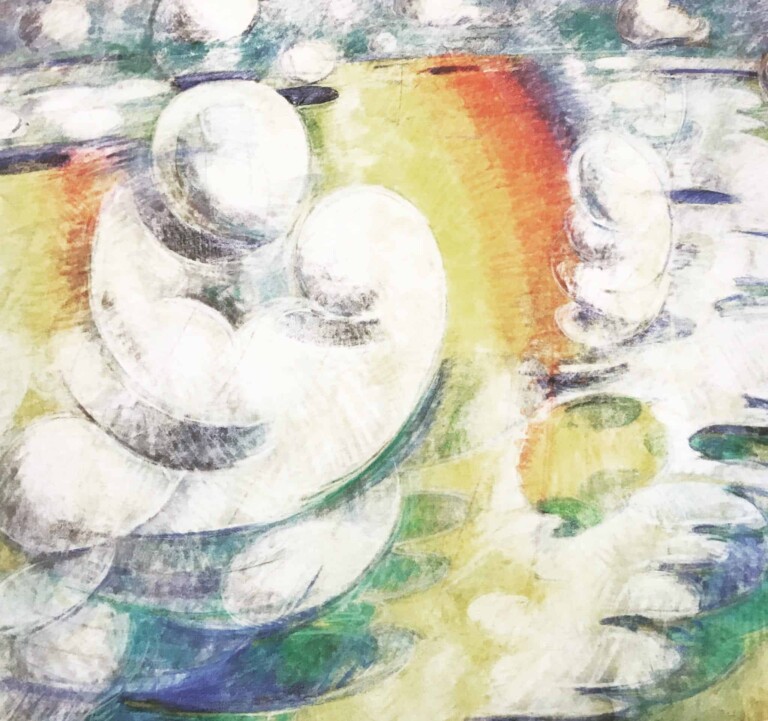
The Paramita of Patience and Caring For People with Dementia
In this article, Andrea Sherman shows how commitment to the paramita (perfection) of patience can be an antidote to anger and frustration when we care...
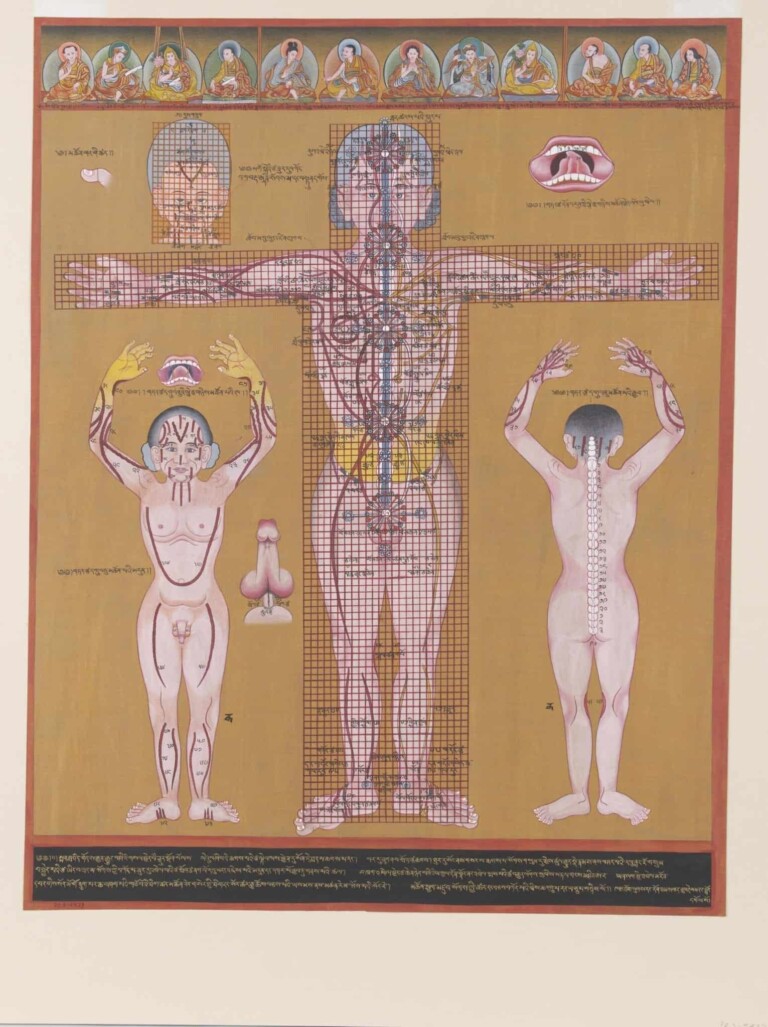
Path of Transformation
Tibetan Medicine Tools for Trying Times
During these stressful times, Tibetan Medicine may offer us some tools for bringing our body and mind into balance. Our sangha member and Dakini Doctor,...

Path of Transformation
Seasonal Influences on Health: Recommendations for the Freeze of Winter
Tawni Tidwell shares some wisdom from the Tibetan Medicine tradition in cultivating balance during the winter months....
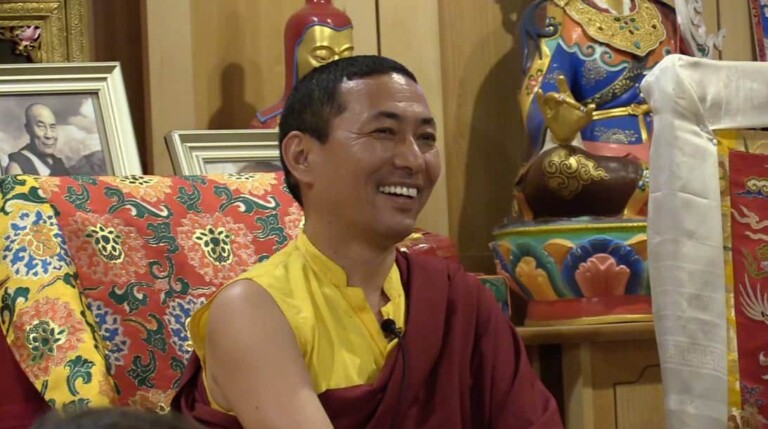
Path of Transformation
Mental Maintenance Creates Stability
"Mental Maintenance" means working with our own minds. Anxiety, depression, and stress can affect anybody. First, we need to take care of our actual physical...

Path of Realization» Path of Transformation
Fourfold Cooling Method
Tibetan medicine calls for specific seasonal behavior. The seasons can be divided either by equinox and solstice, the four seasons as we do in the...
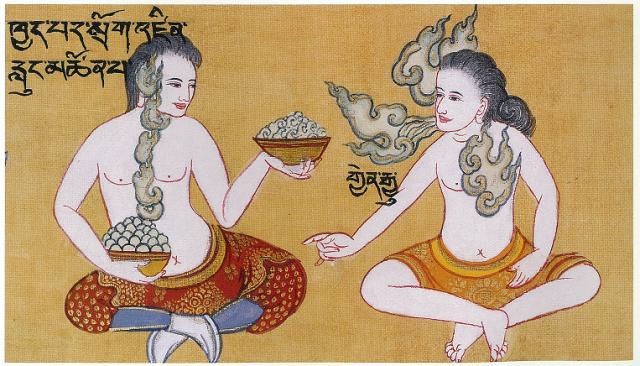
Tibetan Medicine: An Introduction
Some Thoughts on the Relationship of Buddhism & Tibetan Medicine Tibetan Medicine: Dharma and Medicine in Tandem Tibetan medicine as a healing modality is unique…
...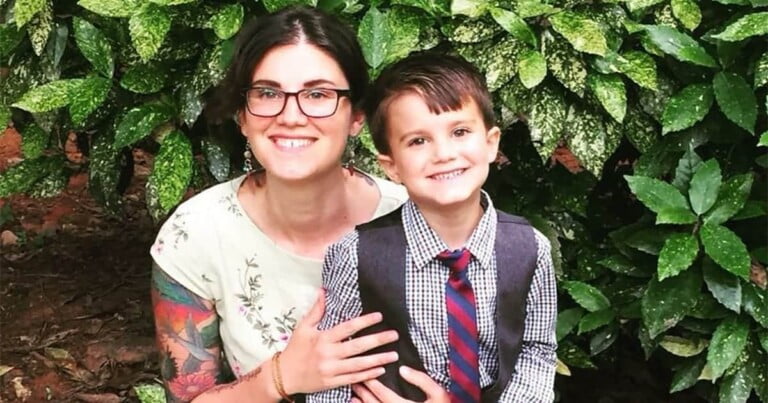
Knowing When To Rest
What does it mean to rest? As a working mother of two young children learns how to integrate practice into her daily life, she also...
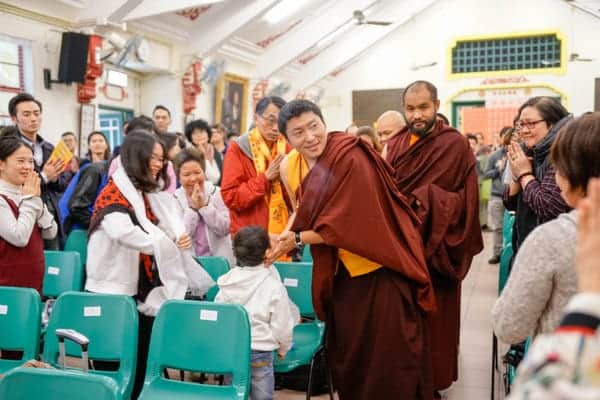
Path of Transformation
Advice for Buddhist Parents
Buddhist parents sometimes ask how best to apply the teachings when relating in their family life. In this short audio teaching, Phakchok Rinpoche shares some...
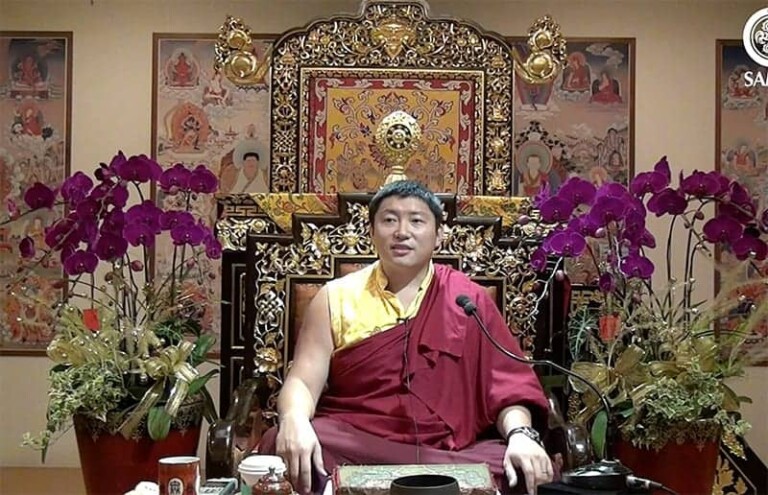
Path of Transformation
Be Gentle with Yourself!
In this video instruction, Phakchok Rinpoche responds to a student's question about thoughts arising during four foundations practice sessions. Rinpoche advises the student to look...
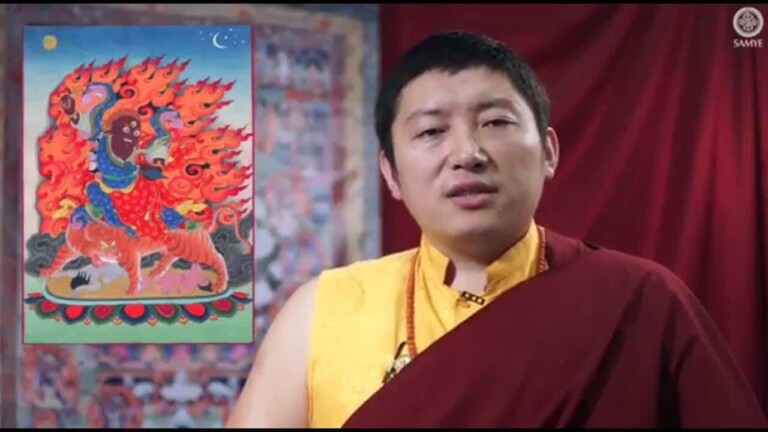
Transforming Negative Appearances
Dear friends near and far Hello. Happy Guru Rinpoche Day. Today I want to talk about the manifestation of Guru Rinpoche in Tukdrub Barché Kunsel,…
...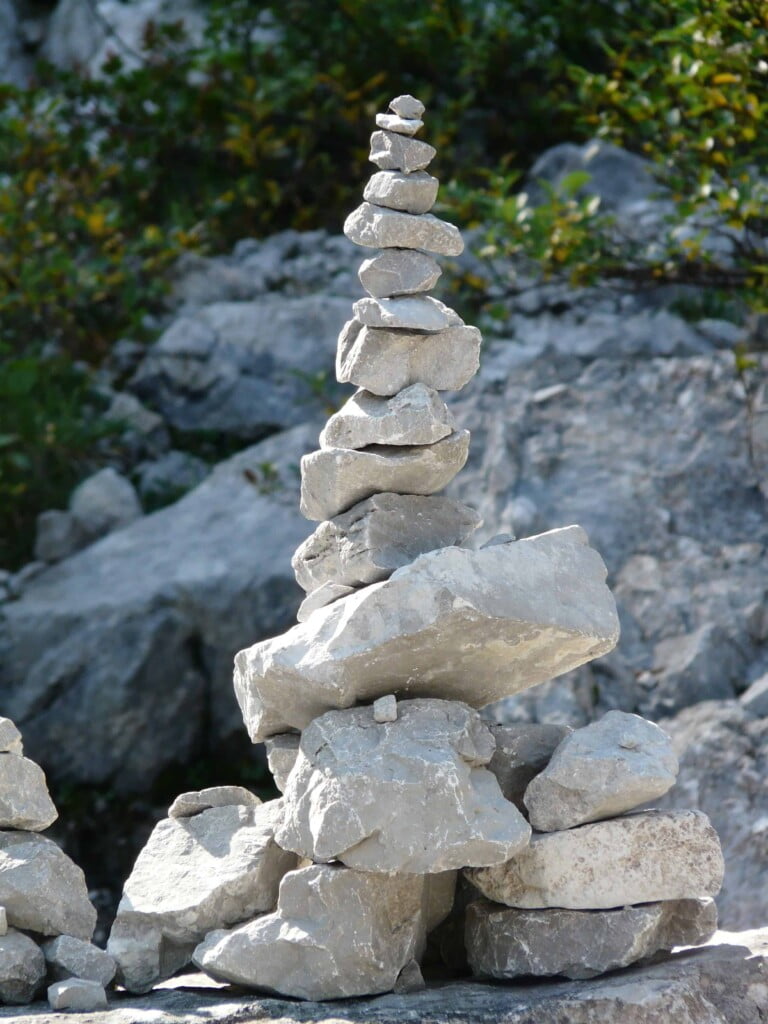
Path of Transformation
Sense of Balance
When we interact with our partners, our parents, our children, and our extended family, we should always switch our perspective back and forth between ourselves...
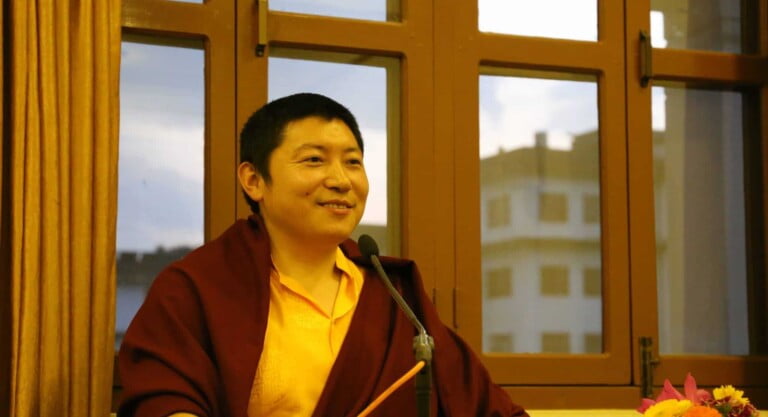
Sharing our Practice with Family and Friends
How do we skillfully share our understanding and our practice? Phakchok Rinpoche here shares some suggestions after years of working with students from many cultures....

